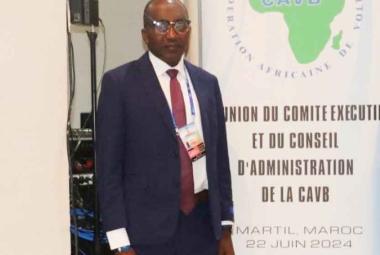By Fatoumata Joof
The Ministry of Higher Education Research Science and Technology and partners are developing a gender policy for tertiary and higher education. The officials of the Ministry revealed this in a press briefing held last week. The policy development initiative is being supported by the Commonwealth of Learning (CoL). The consultant for the development of the Gender Policy for Tertiary and Higher Education, Ms. Aminata Sillah, via video conferencing, said the gender policy will guide the Ministry to develop strategies and approaches that would provide gender inclusion and gender equality in all aspects of the work that the Ministry does. “This will ensure that the Ministry’s policies are aligned, not only with international and regional standards, but also best practices in promoting gender equity and inclusion within the Gambian tertiary and higher education ecosystem,” she stated.
Dr. Sillah explained that part of her consultancy is to review and analyse other gender literatures and best practices to identify the key gaps, and to address the challenges and opportunities that are there, so that the policy will also provide actionable strategies to address the gender disparities within the Ministry and of all of its institutions. “Thus, the gender policy will serve as a foundational framework to ensure gender equity within the higher educational sector,” she added
Commenting on both the Madrasah study and the development of the gender policy for tertiary and higher education, the Special Advisor to the Office of the President, Mr. Momodou Sabally, welcomed the initiatives and commended the Ministry of Higher Education for effectively democratising education in the country. He described the initiatives as a practice of democracy which involves the democratisation of the resources of the country. He commended President Barrow for his leadership, spirit of peaceful coexistence and unity in the country. Stepping in for the activity focal person, Ms Kumba Jammeh, the Ministry’s Gender focal person and chairperson of the meeting, underscored the significance of the policy to the Ministry, the tertiary and higher education sector in particular, and also to national development in general. She added that it will address the issue of low participation of the female gender.






